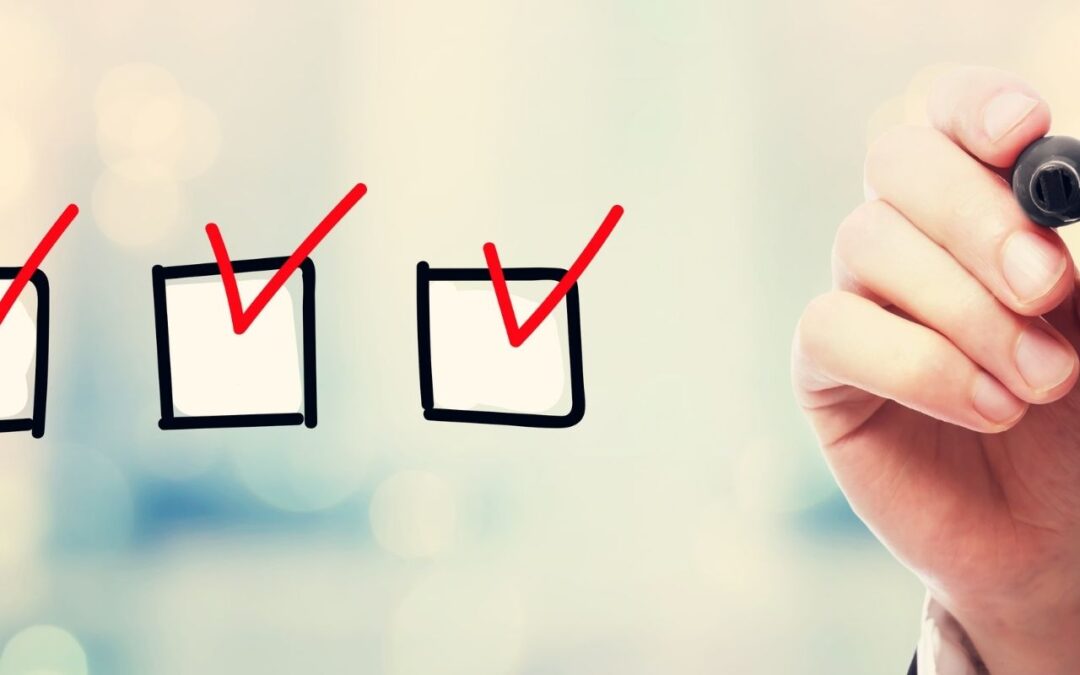So, it’s that time of the year again – almost time to file your income tax return. Does the dread creep in as you think about the daunting task of gathering the information you’ll need? What information do you even need? Do you really need to go through all the piles of receipts? Maybe you can just hand everything over to your accountant to sort through.
“I’ll look for that stuff later.”
Well, later is closer than you think. And your accountant does not want your box of papers to sort through at the last minute, in hopes of finding that one receipt that will give you a big fat refund. Instead, why not get organized? Grab an empty folder or a big envelope and get started on the road to preparing your tax return. But where do you start?
Where to Begin
The first thing that I would suggest is contacting your accountant or tax preparer. Often, accountants will have information on their website to give you a general idea of what you might need to gather. If not, a quick email can provide you with a list of all the things they need from you.
If you are working with a new accountant, having an initial meeting either in person, over the phone, or even on video is a fantastic way to start. The goal of this first meeting is for you to become comfortable and for your accountant to understand your financial situation as it relates to your taxes. They will provide you with a list of general items needed to get started on your tax return. You can find that list below. As they work through your tax return, your accountant may ask for more specifics.
Remember, no two tax returns are the same. Some people work regular jobs with few tax complications. Some of us work multiple jobs, work as sub-contractors, or are self-employed. Depending on your unique situation, the information needed for your tax return will be different than for the next person. Do you have kids and daycare expenses? Do you have a complicated investment portfolio? Maybe you just have a lot of medical expenses or rental income. Whatever your situation, your accountant will tell you what information you need to provide.
Checklist of Basic Tax Information
So now that you are curious, just what is on that list? Some of the more general items include:
-
- Information related to your identification and your family’s identification, such as full names, dates of birth, social insurance numbers, address, marital, and citizenship status
- A copy of your prior year’s tax return for each family member. There is a lot of valuable information there that will provide your accountant with specific details that they will require. It will also help them determine if there is anything that you reported in a prior year that you should be reporting in the current year.
- Statements, letters, and notices that you received from the CRA or other government agencies throughout the year
- Donation receipts
- Childcare and camp receipts
- Investment statements and summaries
- Expense receipts for self-employed or other individuals
- Home office details – your accountant will likely ask you for much more information later.
- Vehicle information if you are self-employed or use your vehicle for other circumstances
- Disability and medical information
There may be other information that your accountant may need from you, but this gives you an idea of where to start and what you should consider gathering.
Why Not Go Digital?
Gathering the information needed to do your taxes does not have to be an overwhelming task. Take your time and gather bits here and there, so it is a smaller task. Many of us now receive electronic receipts, statements, and tax records. You can download these documents into an electronic folder to share with your tax preparer. Speaking from experience, your accountant would love to receive an electronic folder with all your records. Who needs to go out into the cold these days?
And finally, do not be surprised if one of the first things your accountant asks for is a signed authorization form. This form allows the CRA to communicate your tax information – such as T4s and other slips – to your accountant. This is an invaluable source of information for your accountant, and you’ll need to gather less. Nice, huh?
Remember, your accountant doesn’t know everything you have been up to in the past year. If you have any questions about your taxes or wonder about something that you think might have an impact, definitely reach out to them. It is better to ask than to find out later that you missed something big. If you’ve never worked with an accountant or are looking for a new one, call me and let’s talk.
Until the next time!
Follow us on Facebook or LinkedIn for information and tips on business finances and tax.
